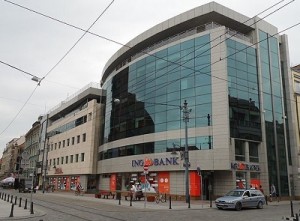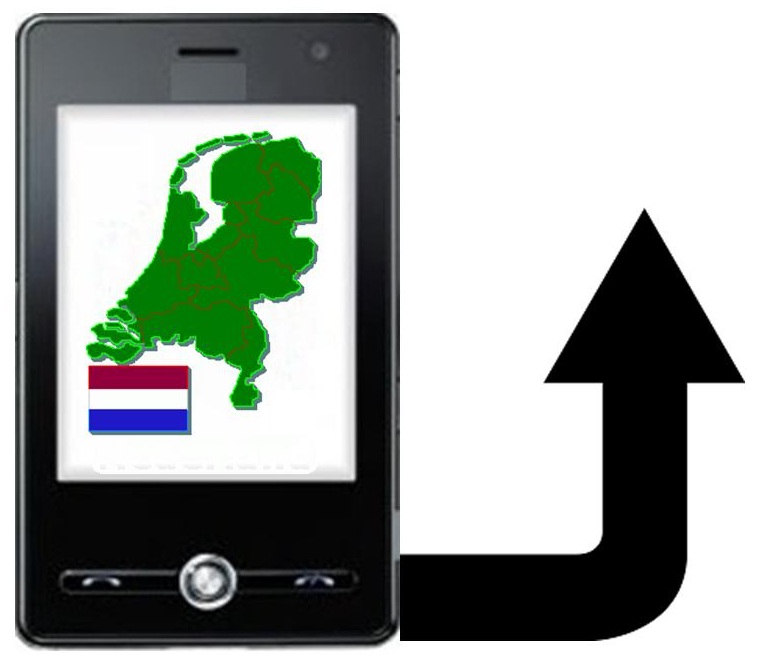ING introduces new feature for its banking app that will make mobile payments more convenient
Dutch bank ING has introduced a new service that will allow its customers to make mobile payments using their voices. The service is being incorporated into its mobile banking application and is meant to serve as a more convenient way to make payments without having to enter a password. The service is designed to highlight the convenient nature of mobile payments, which are becoming more popular in the Netherlands as well as other parts of the world.
Voice activation will bring more security to banking app
ING customers can use the new feature of their mobile banking application to speak a short phrase, which will be used to activate a mobile transaction. Users will pre-record the phrase for the application and this phrase will be stored as a file on their mobile device. ING believes that voice activation will add another layer of security to mobile payments, as a person’s voice can be as unique as their fingerprint. This is due to differences in vocal cavities and how different mouth movements can affect the sound of the voice.
Speech recognition is becoming more popular in the mobile commerce space
 Nuance, a biometric company, is providing the speech-recognition technology that ING is using for the new service. Similar technology is used by several other organizations in order to determine the identity of consumers. The U.S. government, for instance, use speech recognition technology in cases where agencies are handling tax issues. This technology is largely used to reduce the prevalence of fraud and has been relatively successful in doing so in recent years.
Nuance, a biometric company, is providing the speech-recognition technology that ING is using for the new service. Similar technology is used by several other organizations in order to determine the identity of consumers. The U.S. government, for instance, use speech recognition technology in cases where agencies are handling tax issues. This technology is largely used to reduce the prevalence of fraud and has been relatively successful in doing so in recent years.
Biometric technology could help mobile commerce appeal to consumers
Making mobile payments more secure has become a major priority for banks around the world. These banks have become heavily involved in the mobile commerce space, but consumers have voiced their concerns regarding their financial information. Biometric technology is expected to put many of these concerns to rest, which may make mobile payments significantly more attractive to consumers throughout the world.

 Tablets favored over smartphones
Tablets favored over smartphones